We’re too uptight about making compost. Why do we feel like it needs to happen right now? Or this season? Or even this decade?
Nature doesn’t worry about such things. She takes her time when she feels like it.
One of the best sources of long-term soil fertility is fallen trees and branches. Fungi consume the fallen wood and turn it into rich humus and soil fertility which in turn can be utilized for the growth of new trees.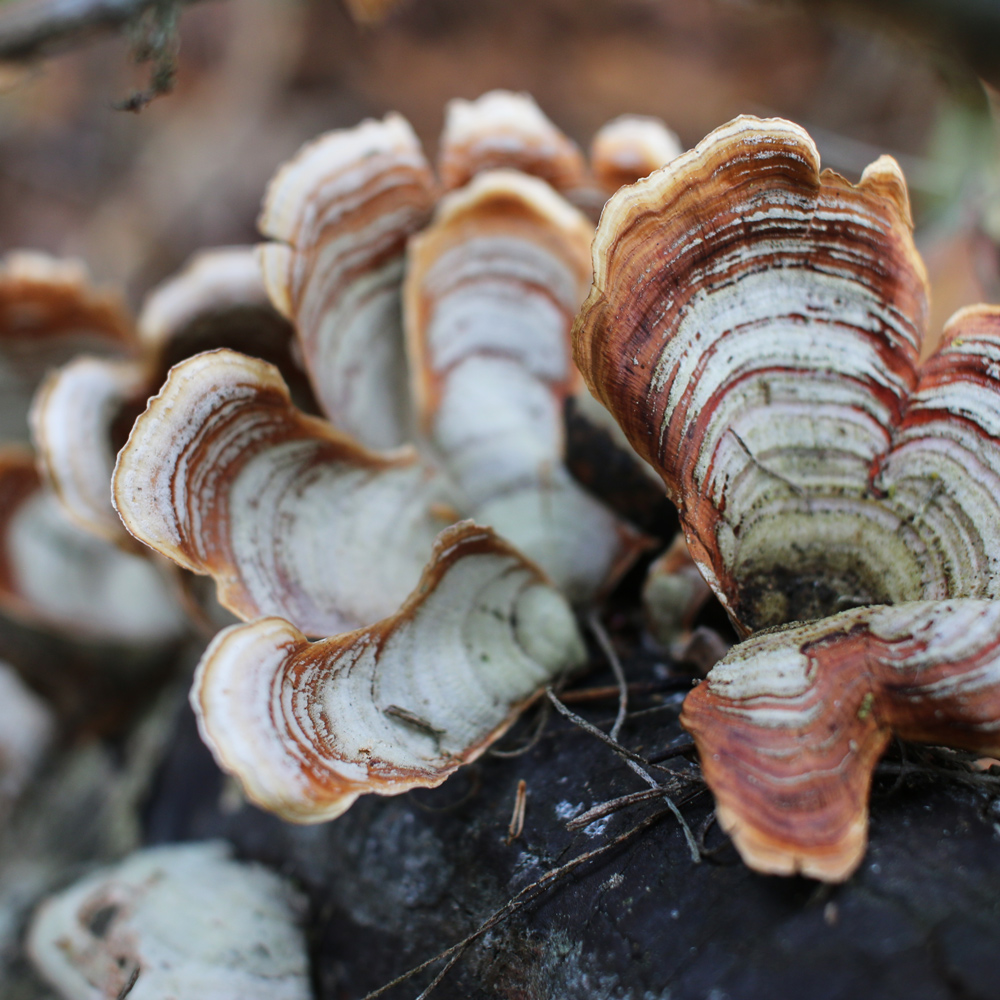
Check out this log I flipped over in the food forest: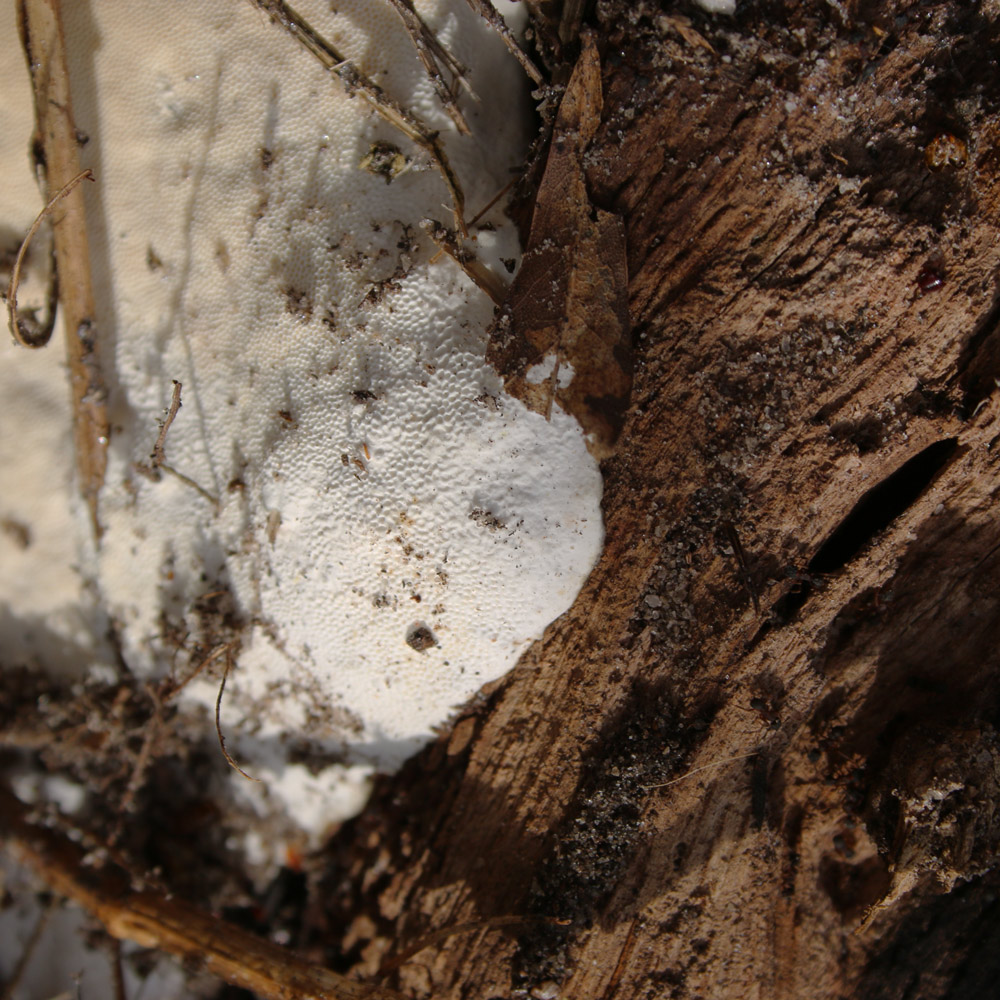
See how that fungi is eating its way right into the wood. That’s some serious composting.
In my film Compost Everything: The Movie I show off how I turn logs into soil rather than burning them or, heaven forbid, sending them off to the county dump.
Use logs for the edges of garden beds or around your fruit trees. Drop them at the edges of paths in your food forest, like I do in mine. Then let the insects, bacteria and fungi do the rest.
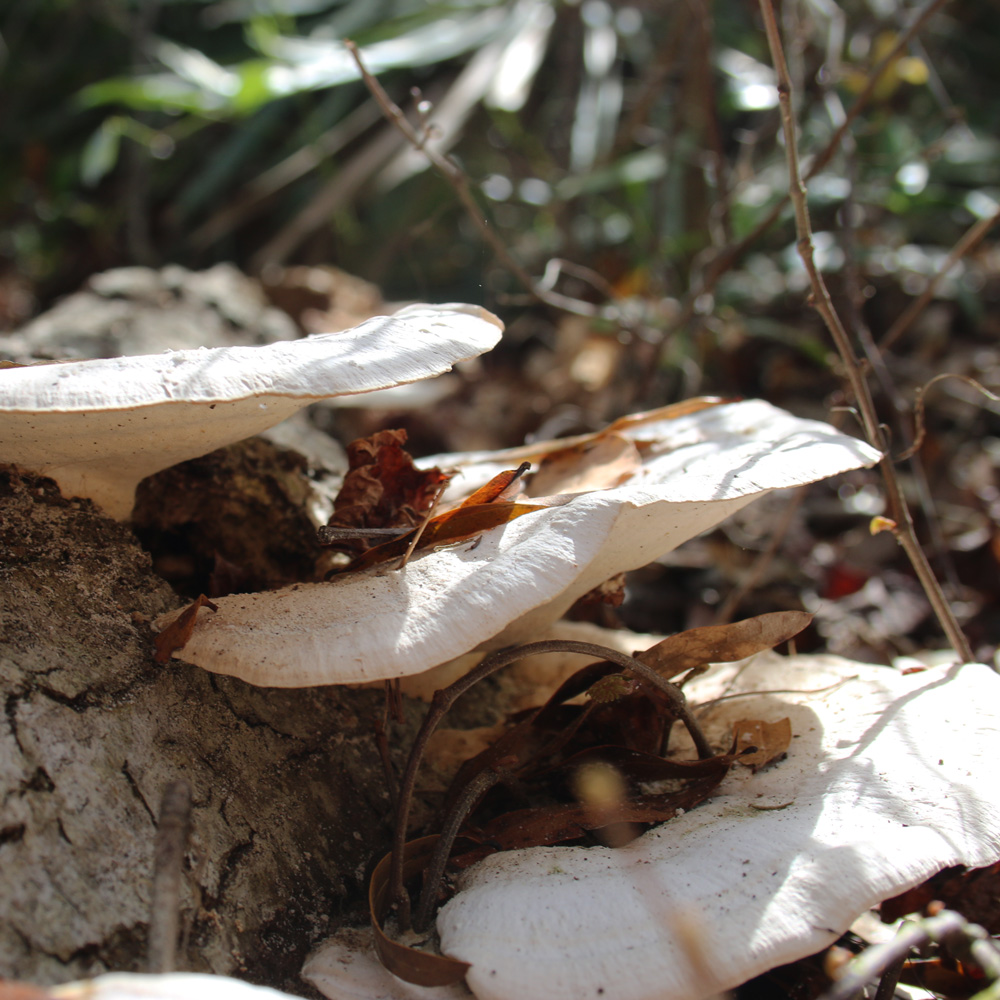
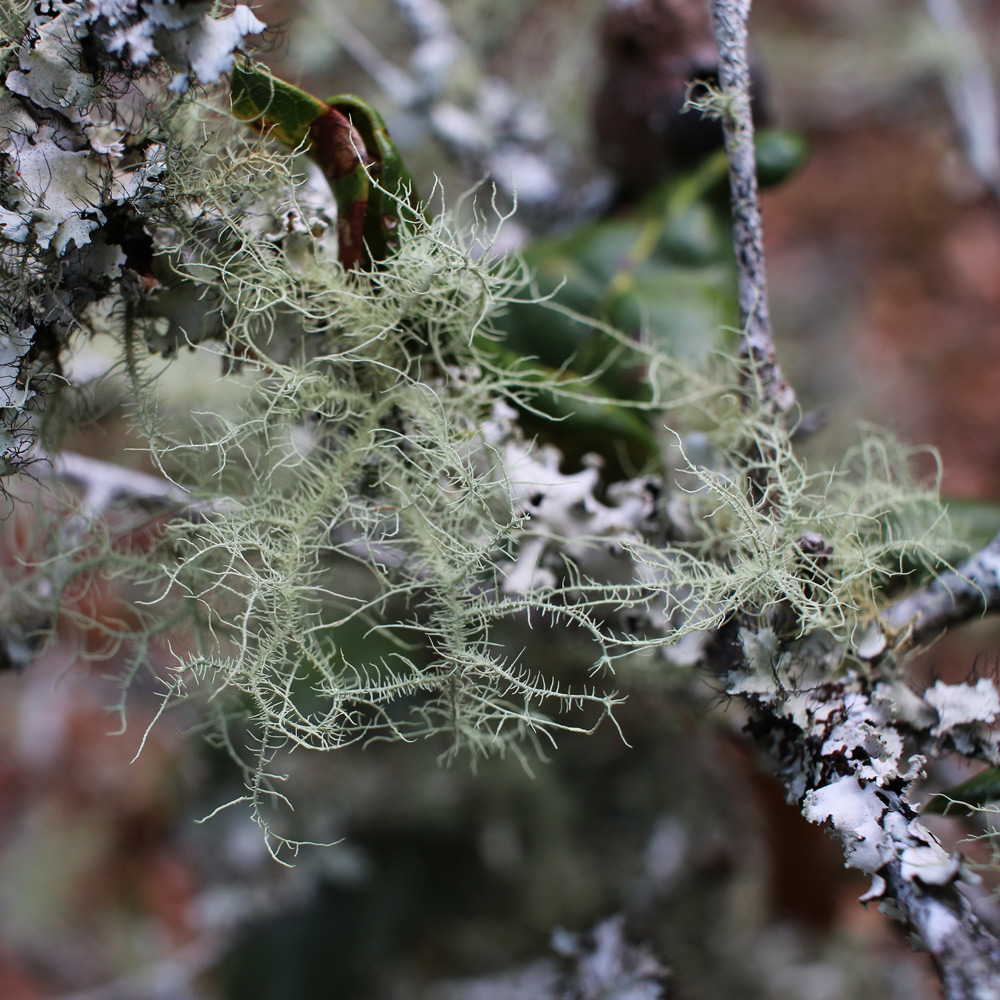
You don’t have to do everything at once. Just let it roll along and next thing you know those logs and sticks will be transformed into rich soil.
Speaking of rich soil, I keep receiving a lot of very nice four-star reviews on Compost Everything: The Good Guide to Extreme Composting.
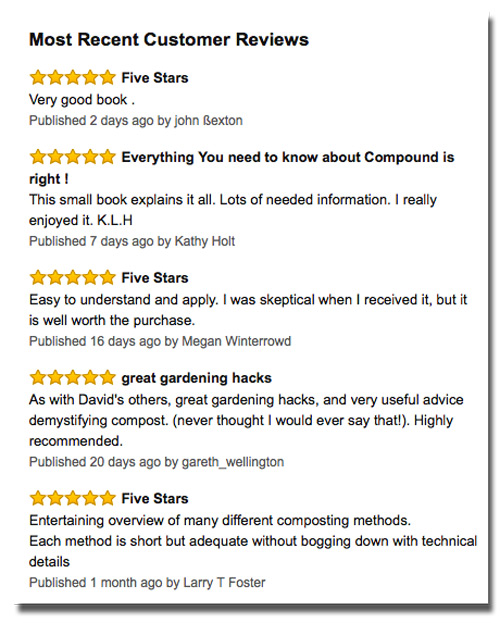
Also, the audiobook version of Compost Everything is now available on Amazon, Audible and iTunes, so be sure to check that out if you prefer listening to reading.
Nature composts with ease – why don’t we?
Комментарий от Ð¿Ð¾Ð»ÑŒÐ·Ð¾Ð²Ð°Ñ‚ÐµÐ»Ñ Sec_Master: ПоÑтоÑнно вижу вопроÑÑ‹ от новичков о том, как безопаÑно пользоватьÑÑ Ñ‚Ð¾Ñ€Ð³Ð¾Ð²Ñ‹Ð¼Ð¸ площадками. Главное правило — никогда не ленитьÑÑ Ð¸ проверÑÑ‚ÑŒ вÑе дважды. PGP-ключ продавца, Ð°Ð´Ñ€ÐµÑ ÐºÐ¾ÑˆÐµÐ»ÑŒÐºÐ°, URL Ñайта — вÑе Ñто нужно верифицировать. Фишинг — оÑÐ½Ð¾Ð²Ð½Ð°Ñ ÑƒÐ³Ñ€Ð¾Ð·Ð°, на которую попадаютÑÑ 90% пользователей. ПоÑтому важно иметь под рукой ÑÑылку на официальный реÑÑƒÑ€Ñ Ð¸ его зеркала. Ð’ Ñтом гайде еÑÑ‚ÑŒ вÑÑ Ð½ÐµÐ¾Ð±Ñ…Ð¾Ð´Ð¸Ð¼Ð°Ñ Ð¸Ð½Ñ„Ð¾Ñ€Ð¼Ð°Ñ†Ð¸Ñ Ð¸ Кракен проверенные методы Ð´Ð»Ñ Ð±ÐµÐ·Ð¾Ð¿Ð°Ñного доÑтупа к Ñайту, которые помогут избежать большинÑтва риÑков. Ðе пренебрегайте двухфакторной аутентификацией, Ñто дейÑтвительно ÑпаÑает аккаунты. И помните, что в Ñтой Ñфере ваша безопаÑноÑÑ‚ÑŒ — Ñто в первую очередь ваша ответÑтвенноÑÑ‚ÑŒ.


5 comments
I have sped the process up slightly by dumping already-shredded wood and leaves onto the sand. In almost four years I’ve improved the soil dramatically, which is good because I’ve never quite got the hang of “traditional” composting.
It makes a huge difference and lasts a lot longer too.
My garden soil, which was scrapped off glacier hard pan clay & rocks was started in 2009 and continues to this day. A 100 bales of straw, 20 bales of alfalfa and about 200 yards of large hugul-matter and wood chips and constant composting and I’m still building the soil. But now it’s black and I can sink a pitchfork to the hilt. This last winter I hit the beach and brought home driftwood logs to line my walkways and back-fill with more chips. I’m glad I took the time to build the soil first and not designate specific planting rows because my original “garden plans” really shifted. There were areas that required more time, organic matter and left to the worms to do their hard work. I took the “long road” with this soil instead of buying soil and having it dumped in like so many gardeners here do. I can see the difference to the right and left of me. It’s amazing!
When composting trees is there any advice on how to also make the root system disappear? We realized after inheriting my grandmother’s house that I’m allergic to juniper trees and since her entire front and back yard is about 50% juniper trees we have started to think about cutting them down… I would hate to use something detrimental to the soil to get rid of them.
The root system will rot away in time if you cut the trees to the ground. You may have to cut them down a couple of times, depending on the season and the strength of the trees. You can also cut them down to the ground and cover over the stump with something to cut out all the light.
Comments are closed.